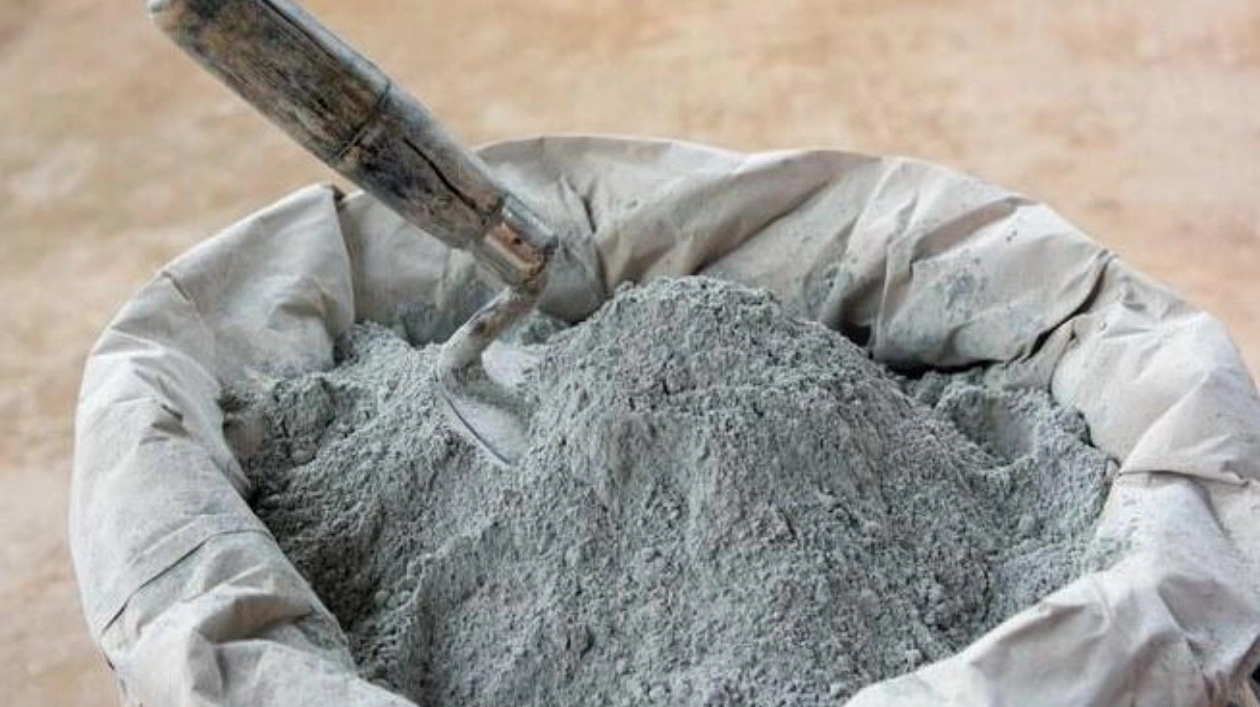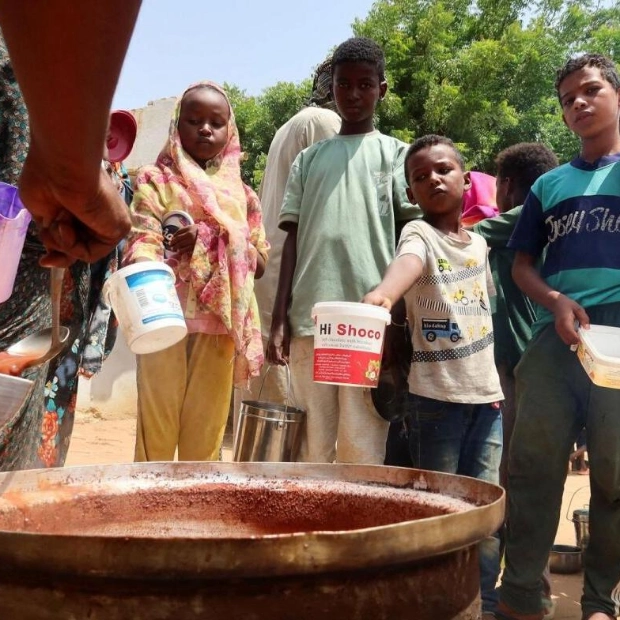RIYADH: Cement sales in Saudi Arabia experienced a 4.93 percent annual increase in the third quarter of 2024, totaling 12.84 million tonnes, as per recent data.
Al-Yamama Cement's figures indicate that 96.18 percent of these sales were domestic, with only 3.82 percent exported. The data encompasses 17 Saudi cement companies, with Al-Yamama Cement leading in domestic sales with a 12.47 percent share, equivalent to 1.54 million tonnes, despite a 27.18 percent decline during the period.
Following the acquisition of Hail Cement Company by Qassim Cement Company (QCC), QCC now tops the market with a 13.37 percent share, or 1.65 million tonnes, pushing Al-Yamama Cement to second place. Saudi Cement, Southern Cement, and Yanbu Cement held 8.96 percent, 8.49 percent, and 8.18 percent shares of the domestic market, respectively.
Umm Al-Qura Cement recorded the highest growth in domestic sales, with a 69 percent increase to 372,000 tonnes, despite a small 3 percent market share. City Cement’s local sales surged by 52.69 percent annually to 739,000 tonnes, while Tabuk Cement saw a 27.3 percent increase, reaching 429,000 tonnes.
In exports, Saudi Cement dominated with 80.45 percent of total shipments, amounting to 395,000 tonnes, a 13.18 percent rise year-on-year. Najran Cement accounted for 11 percent of exports, totaling 54,000 tonnes, marking a 24 percent decline. Eastern Cement, with an 8.55 percent share, saw a 133 percent rise in exports, reaching 42,000 tonnes.
Saudi Arabia also exported 1.08 million tonnes of clinker during this period, a 41 percent decline year-on-year. Clinker, a vital intermediate product in cement production, is often exported due to its cost-effectiveness.
According to AlJazira Capital, the total utilization rate of the cement sector in Saudi Arabia was 72.8 percent in September, indicating that the industry is using just over two-thirds of its production capacity.
Saudi Arabia is a major player in the global cement industry, ranking among the top 10 producers worldwide. Key drivers of its cement industry include robust infrastructure development, housing projects, and Vision 2030 initiatives.
In October, Saudi Arabia’s cement sector made significant strides towards decarbonization with a joint venture between the UK’s Next Generation SCM and Nizak Mining Co., a subsidiary of City Cement. This collaboration aims to produce supplementary cementitious materials locally using energy-efficient technology, reducing emissions to just 8 kg of CO2 per tonne of calcined clay.
This venture aligns with the Kingdom’s broader decarbonization strategy and aims to cut carbon emissions by 278 million tonnes annually by 2030. The first production plant in Riyadh is expected to produce up to 700,000 tonnes of low-carbon materials by 2025.
Majed Al-Osailan, CEO of City Cement, highlighted the project’s long-term benefits, including job creation and export opportunities. A study by the Boston Consulting Group suggests Saudi Arabia could gain a competitive advantage in the global cement industry through carbon capture and storage (CCS).
Saudi Arabia’s lower energy costs and strategic location near key shipping routes position it well to capitalize on the evolving global cement trade, potentially becoming a leader in low-carbon cement exports.
Source link: https://www.arabnews.com






